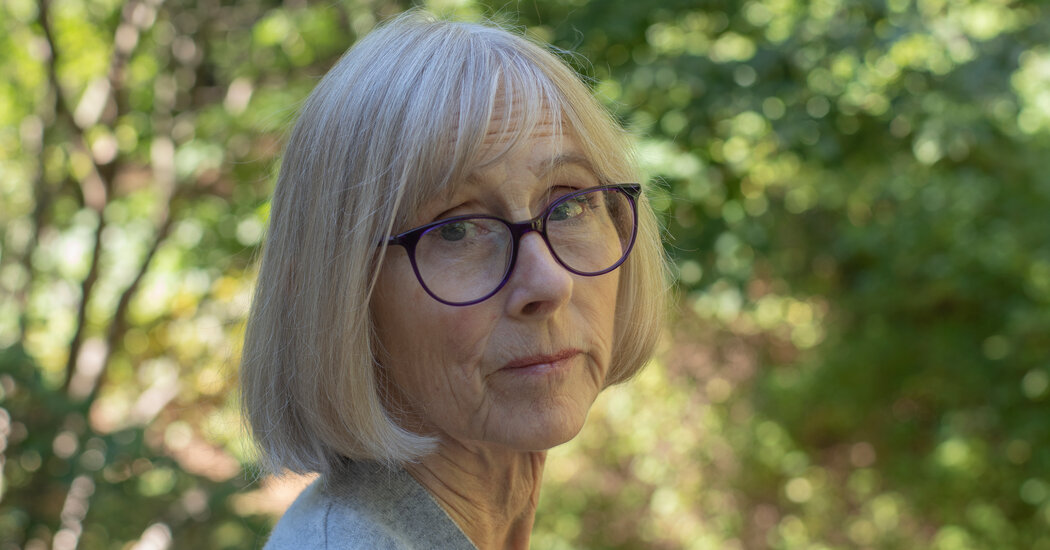
In the intervening years, the types of prescription drugs available — and their prices — have changed. Revlimid is just one of several very expensive cancer drugs. About 1.5 million Medicare beneficiaries qualified for the catastrophic benefit in 2019, often running up thousands of dollars in bills. Many piece together financing by applying for foundation grants, running GoFundMe campaigns or refinancing their homes. Researchers have developed an entire field of study about “financial toxicity,” which worsens the health outcomes of cancer patients.
“Patients forgo vacations, they forgo retirements, they forgo what they can buy at the grocery store — it’s just tragic,” said Craig Cole, a hematologist who treats myeloma patients and is an assistant professor at Michigan State University. When he diagnoses the disease in a patient, he always has the patient meet with a social worker, too, to discuss how to pay for the medicine. “You have a cancer, and, yes, you can put the cancer in remission. But you have to live with the specter of financial toxicity.”
The drug companies argue that their high profits enable them to invest in research into new treatments and cures that can be financially risky to develop. Most scholars of the industry agree that a less profitable pharmaceutical sector would be one with fewer new drugs in the future, though they disagree about how few. The Congressional Budget Office estimated that a drug price system like one passed by the Democratic House in 2019 would mean about 30 fewer new drugs over the next decade, a reduction of about 10 percent.
“The real fear is you would see venture capital drying up in the small biotech industry, because the risk has gone up significantly,” said Lori Reilly, the chief operating officer at the industry group PhRMA. “The biggest impact is on the patients, quite honestly, who are waiting for someone to develop a therapy for them or someone they love.”
Patients and clinicians dealing with multiple myeloma feel this tension, too. Revlimid can extend life expectancy, but for most patients, myeloma is still a fatal illness. The hope is that a future drug will be an actual cure.
Where the Budget Bill Stands in Congress
Even as he supports the push for price controls, Dr. Cole also said, “A fear that I have is, what if we do too much?”
Bristol Myers Squibb defends Revlimid’s high price by pointing to its big health effects, and the company’s continuing research into myeloma treatments. “Revlimid’s value is demonstrated by its significant contributions to improved multiple myeloma patient survival rates,” said Caitlin Craparo, a spokeswoman for the company. Her statement noted the company supports efforts to lower costs for patients.
